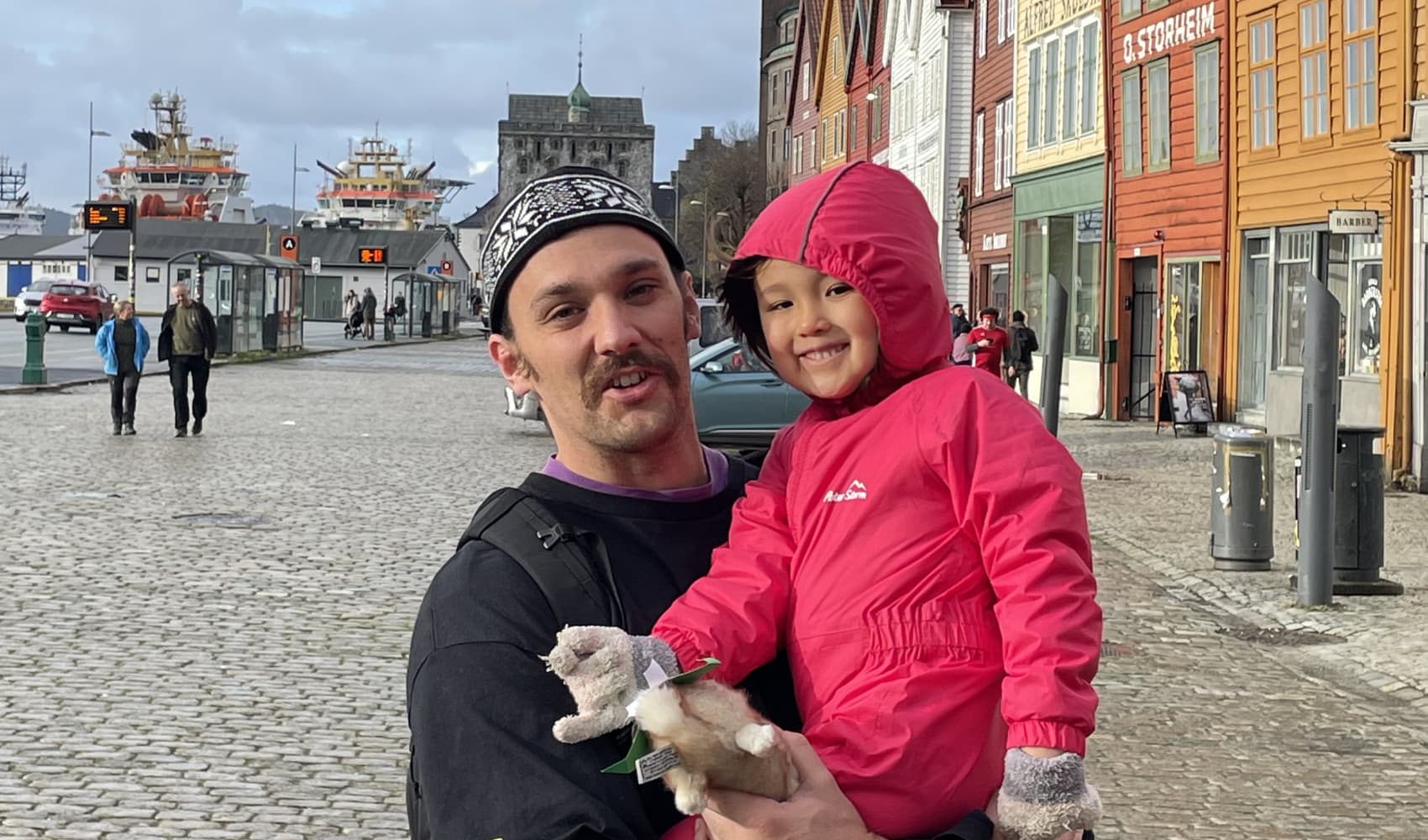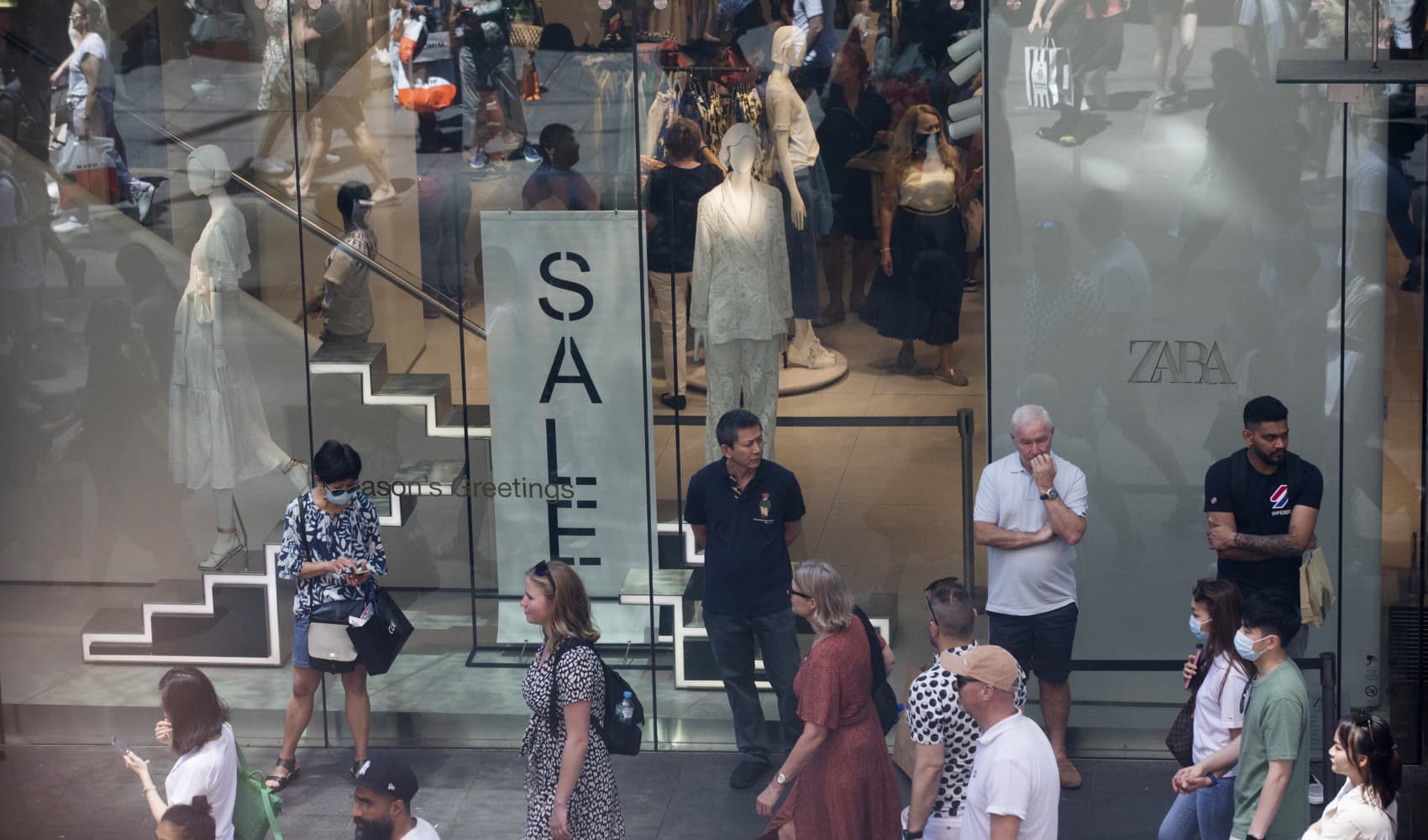
- Elon Musk has engaged in secret talks with Russian President Vladimir Putin since late 2022, according to a new report from The Wall Street Journal.
- Musk has become a major Republican donor this election cycle, and is among the most influential supporters of former President Donald Trump's campaign.
- The conversations reportedly occurred as Musk was in the midst of a leveraged buyout and takeover of Twitter, now X.
Tesla and SpaceX CEO Elon Musk has engaged in secret talks with Russian President Vladimir Putin since late 2022, according to reporting published Thursday by The Wall Street Journal.
Citing "several current and former U.S., European and Russian officials," the Journal reported that conversations between Putin and Musk, a Republican megadonor and Pentagon contractor, took place while Russia was waging a brutal war on Ukraine, a top U.S. ally. Topics ranged from business to personal and geopolitical issues.
Get top local stories in Connecticut delivered to you every morning. >Sign up for NBC Connecticut's News Headlines newsletter.
In one instance, Putin pressured Musk to direct SpaceX to withold Starlink, its powerful satellite internet communications service, from Taiwan as a favor to Chinese President Xi Jinping, the Journal reported, citing two people briefed on the request. Beijing is a crucial ally to the Kremlin. A version of Starlink that is available for military use is called StarShield.
Speaking at a Semafor conference in Washington D.C. on Friday, NASA administrator Bill Nelson said, "If the story is true that there have been multiple conversations between Elon Musk and the president of Russia then I think that would be concerning, particularly for NASA, for the Department of Defense, for some of the intelligence agencies." He also said the matter "should be investigated."
CNBC has not independently verified the conversations, which the Journal described as a "closely held secret" even within the U.S. government.
Money Report
But the report raises new questions about how Musk makes decisions at his companies that impact geopolitics and national security, such as where and when to enable Starlink's satellite communications technology. Those questions extend to the way Musk operates the social network X, which he owns and leads as CTO.
Musk has become a major Republican donor this election cycle, and is among the most influential supporters of former President Donald Trump's campaign.

In September, the chair of a House committee on China, Rep. Mike Gallagher returned from a Taiwan visit with a congressional delegation, where they learned that StarShield was not operational for American troops in and around the region. They sent a letter to SpaceX demanding that the company switch it on.
As NBC News previously reported, Musk and SpaceX said they were in full compliance with their Pentagon contract, and denied the House's claim. SpaceX later sought majority ownership of a Starlink-based venture requested by Taiwan, a proposal the island nation rejected, calling it incompatible with its laws.
Currently, the SpaceX website says that a "service date is unknown at this time," for Starlink in Taiwan for general customers.
Musk and representatives for X, SpaceX and Tesla did not immediately respond to requests for comment.
Russia's KGB, and its successor agency the FSB have, for decades, been interested in controlling media narratives and reaching as many people as possible with anti-Western or pro-Kremlin messages. The conversations between Musk and Putin, who once ran the KGB, reportedly occurred as Musk was in the midst of a leveraged buyout and takeover of Twitter.

It was previously known that Musk had engaged in at least one discussion with Putin directly.
In 2022, Eurasia Group founder and political analyst Ian Bremmer wrote that Musk had spoken to Putin before the X owner posted social media messages in early October about Russia's war on Ukraine.
Musk had proposed that Ukraine should hand over Crimea to Russia and that Kyiv should remain "neutral" rather than attempting to join NATO. He continued to promote the idea, via X (formerly Twitter) that some Ukraine citizens would prefer to join Russia.
Kremlin officials praised Musk for his opinion then, while Musk drew sharp criticism from many others, including Ukraine President Volodymyr Zelenskyy, Sen. Lindsay Graham, R-S.C., and Russia-born human rights activist and former chess champion Garry Kasparov.
Musk closed his acquisition of Twitter for $44 billion on Oct. 27.
"I have spoken to Putin only once and that was about 18 months ago," Musk said at that time. "The subject matter was space."
About a year later, in September 2023, Putin publicly praised Musk, calling him a "talented businessman." Putin's praise came after Musk said he had refused an emergency request by the Ukrainian government to extend coverage of SpaceX's Starlink satellites to Sevastopol in Crimea. Putin made the comments at the Eastern Economic Forum in Vladivostok, Russia, where he spoke about Russia's space program after a failed moon landing.

Before that, Musk actively sought to do business with Russia at his companies SpaceX and Tesla over the years.
"I went to Russia three times to try to buy a couple of their biggest [intercontinental ballistic missiles]," Musk told an audience at the SXSW interactive conference in 2013, where he recounted the challenges of starting up his re-usable rocket business.
While the missile deal never manifested, SpaceX was funded in part by Russian-born Israeli tech magnate Yuri Milner, who has deep ties to Silicon Valley firms. In August 2022, Milner officially denounced his Russian citizenship. SpaceX now regularly conducts missions with NASA astronauts and cosmonauts from Roscosmos, the Russian Space agency, though diplomatic collaboration of this sort is typical in the aerospace industry.
Musk and SpaceX are credited with inspiring the creation of the Commercial Space Act by Republican then-Rep. Dana Rohrabacher, which passed in 2004, enabling private sector companies to provide launch services to federal agencies.
Rohrabacher represented Orange County, California, in the House for 30 years, but lost his reelection bid in 2018. That loss was partly due to Rohrabacher's publicly acknowledged communication with the Kremlin, which included a meeting in Moscow in 2016 that troubled U.S. intelligence officials.
Musk's Tesla has forged supply chain ties to Russia more recently, purchasing millions of euros worth of aluminum from Rusal since late 2020, as CNBC first reported. Rusal was founded by sanctioned Russian oligarch Oleg Deripaska and was once sanctioned by the US Treasury, which cited Russia's "malign activities" at the time. Those sanctions were lifted under Trump in 2019.
Should Trump win, he has promised Musk a role in a "government efficiency" commission, which he said he would create at the tech magnate's suggestion. Such a role would give Musk sway over federal agencies including those tasked with ensuring that he and his companies comply with federal laws.
Speaking at the New York Economic Club in September, Trump said the commission as he envisions it would be "tasked with conducting a complete financial and performance audit of the entire federal government." Trump has repeatedly said Musk would lead the commission but would not have to leave his companies to do so.






